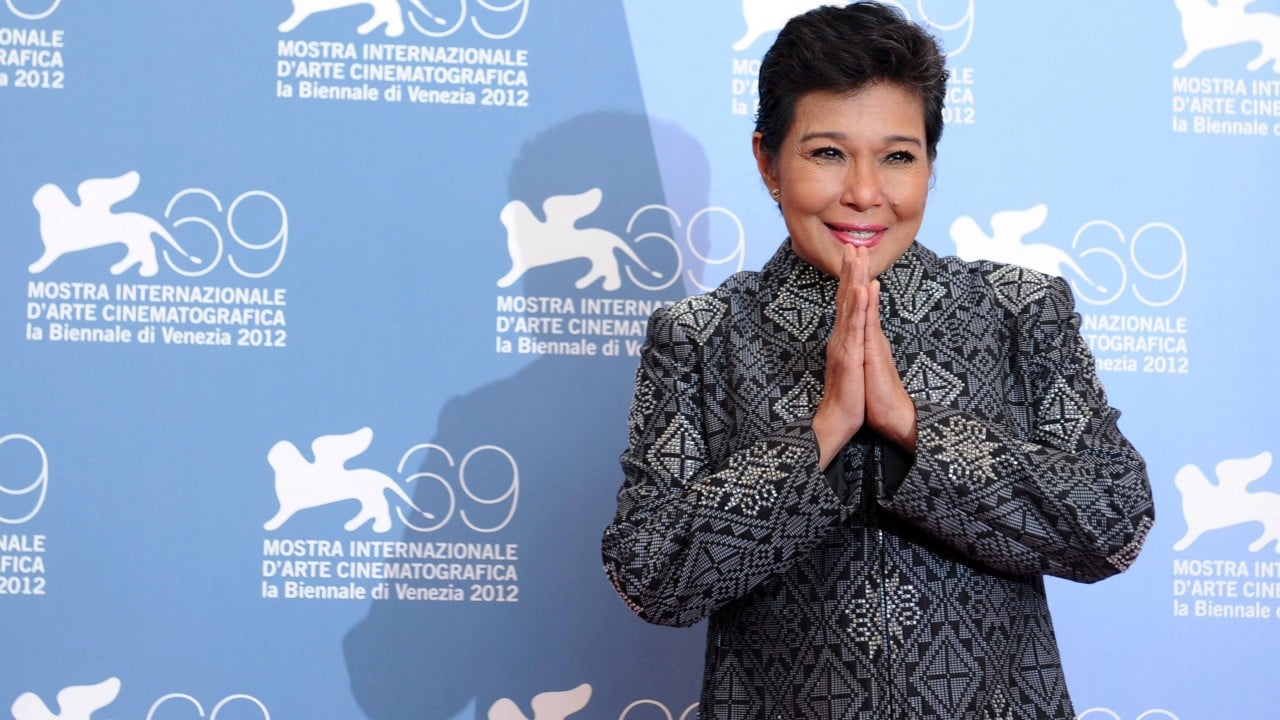To generations of Filipinos, Nora Aunor was not just a film star – she was the embodiment of their hopes, hardships and quiet resilience.
Advertisement
Celebrated as the Philippines’ one and only “Superstar”, the diminutive actress with a golden voice and uncommon charisma rose from poverty to become a national icon – not for her glamour, but for her ability to portray the unvarnished lives of ordinary Filipinos.
“She was full of contradictions, simple yet complicated,” said screenwriter and long-time collaborator Ricardo Lee, who delivered one of the most poignant tributes following Aunor’s death on April 16 at age 71.
Aunor was laid to rest on Tuesday with full state honours at the Heroes Cemetery in Manila. But as Lee stressed in his eulogy, it was not the pomp and circumstance of her funeral that defined her – it was her bond with the people she portrayed, especially the marginalised.

One moment stood out for Lee: in 1993, while in Hong Kong for a staging of his play D.H. – short for “domestic helper” – with Aunor in the lead role, they visited the city’s Central District, where she warmly embraced Filipino migrant workers gathered in the park.
Advertisement
“Hundreds of DH were there,” Lee recalled. “Guy” – the nickname her fans lovingly used – embraced nearly each one and asked about their problems, as if this was the most normal thing for superstars to do.

